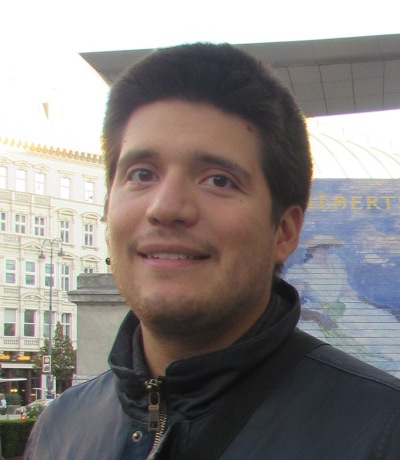Current computational resources enable to perform molecular dynamics (MD) simulations of an aqueous protein solution for several hundreds of nanoseconds. Nonetheless, reproducing the intricate structural and chemical rearrangements of a receptor’s photocycle is still a major challenge. Simulating large protein domains in full quantum or atomistic resolution is prohibitively computationally expensive, and the run times necessary to observe relevant transitions are extremely long. To overcome these challenges, more elaborate schemes are implemented. Multiscale modeling enables cost-effective investigations based on hierarchical multi-level descriptions, e.g., quantum mechanics/molecular mechanics (QM/MM) or atomistic/coarse grained. At the same time, rare event sampling methods, such as path-metadynamics (PMD) or transition path sampling (TPS), ease the analysis of physical and chemical transitions in reasonable computing times.
My PhD project aims to develop and combine multiple state-of-the-art computational chemistry methods, and apply them in the study of the signal transduction in photoreceptors. The modularity of the protein domains enables to generically apply the novel framework to different receptor proteins. Furthermore, the robustness of the multiscale and sampling simulation machinery opens the door to investigate a variety of complex molecular transitions beyond photoreceptors.
View Google Scholar profile.
